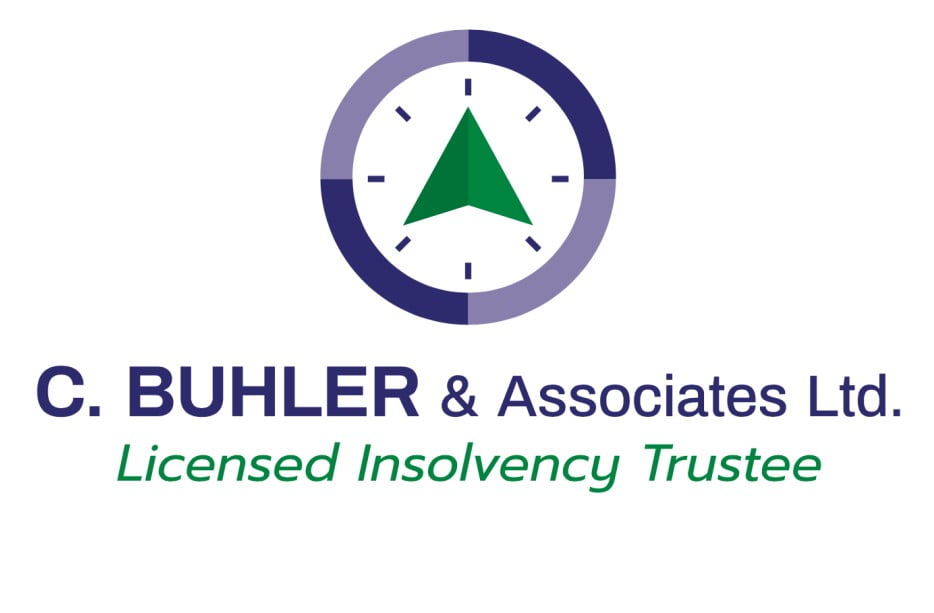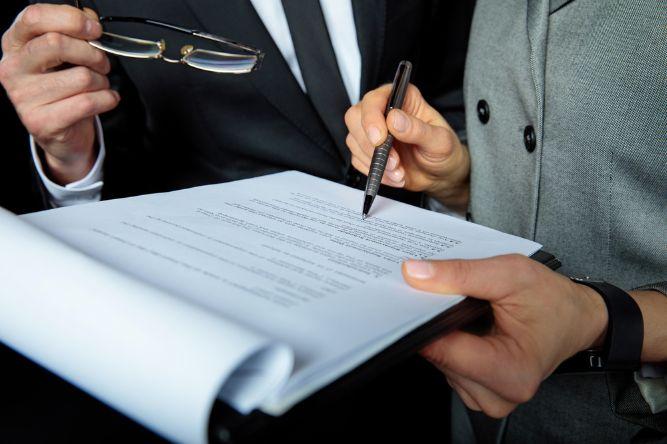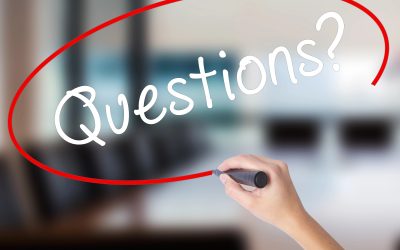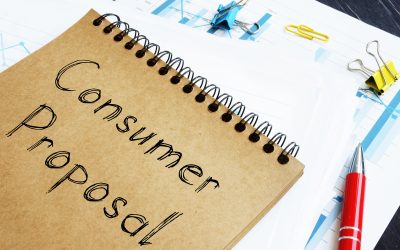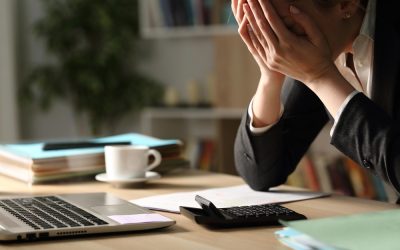Filing a consumer proposal can be an excellent debt relief option for many people in Canada, as well as an alternative to bankruptcy. Consumer proposals can be a successful way out of your debt struggles while also allowing you to keep your major assets. However, while this can be a helpful alternative, many people wonder if a consumer proposal can get rejected. The answer is yes, there are occasions when a proposal may be rejected by your creditors.
The best move would be to talk with a Licensed Insolvency Trustee and receive advice on a debt relief option that works for your unique situation. For any consumer proposal needs, a Licensed Insolvency Trustee will walk you through each step regarding your proposal, even if it gets rejected.
What Is a Consumer Proposal?
A consumer proposal is a debt relief option made with your creditors and administered by a Licensed Insolvency Trustee. The point of this option is to help reduce the amount of debt you have while also allowing you to keep your assets. Those assets may include your home, vehicle, RRSPs, tax refunds, and GST credits.
The only people that are legally able to file your consumer proposal are Licensed Insolvency Trustees, and your creditors must either accept or reject it. If accepted, it becomes a legally binding agreement, and once you pay off the amount that was agreed upon, your creditors will eliminate the rest of your debts.
To qualify for a consumer proposal, you must be insolvent, meaning you cannot pay your debt, and your overall debts must be less than $250,000, excluding your mortgage. A Licensed Insolvency Trustee will evaluate your financial situation, such as your income, assets, budget, and debts, and from there, your trustee will determine the amount you can afford in a payment plan. The monthly payments in a consumer proposal can be spread out over a maximum of 60 months. However, if you’re able to pay more than your set budget, you may decrease the amount of time it would take to finish your proposal and pay it off early.
You will have legal protection from your creditors as long as your proposal is filed. All legal action against you will stop, and you will no longer receive wage garnishments, harassing phone calls, or have to make payments to unsecured creditors.
The creditors will have 45 days to respond to the request for a meeting of creditors and vote on whether they reject or accept the proposal.
How Do Creditors Vote?
Consumer proposals are accepted or rejected based on votes from your creditors and operate on a majority rules scenario. If more than half of the creditors vote in your favour, those who voted against will have to participate. The only time a single creditor has control over your proposal is if they are owed more than 50% of the claims filed in the voting process.
During the meeting of creditors, each creditor will get a vote for each dollar that they’re owed. In the voting process, creditors may:
- Accept and vote “yes” for the consumer proposal
- Reject and vote “no” against the consumer proposal
- Vote “no” and request changes to the consumer proposal
- Abstain from voting
Can a Consumer Proposal Be Rejected?
During the consumer proposal voting process, your Licensed Insolvency Trustee will review the votes and determine the outcome. If the majority of creditors reject your consumer proposal, your trustee will review any counter-offers they might have. If there are any counter-offers, they will be considered by both the debtor and a Licensed Insolvency Trustee.
Reasons Why It Might Be Rejected
Creditors may reject your consumer proposal if they feel that you should be contributing more to the proposal. If this is the case, your Licensed Insolvency Trustee will work with you and reconsider what is affordable and reasonable. However, creditors generally prefer a consumer proposal because they will end up getting more money than they would if you chose another form of debt relief, such as bankruptcy or debt consolidation.
Other Options
If your proposal is denied, you still have other potential options:
- You may renegotiate the terms of your proposal.
- You can withdraw and file a consumer proposal again at a future date. However, if you file another proposal within six months, the automatic stay provisions of the Bankruptcy and Insolvency Act will not apply. This means that you will lose full protection, and your creditors will be allowed to come after you again.
- You can withdraw your proposal and pursue different debt relief options. This may include credit counselling, debt consolidation, or working toward paying off your debt on your own. However, these might not always be the most effective alternatives for debt relief.
- You may file for bankruptcy instead.
Bankruptcy
Bankruptcy is a legal process that can relieve the amount of debt you’re facing, which can include your unsecured debts. However, to be eligible for bankruptcy, you must owe at least $1,000 in unsecured debt, and your debt must be more than the value of your assets. A Licensed Insolvency Trustee may use your non-exempt assets to repay what you owe to your creditors.
During the process, Licensed Insolvency Trustees administer your bankruptcy and take control over your assets, review your income, and monitor your bankruptcy duties, which include attending two credit counselling sessions and filling out monthly reports to track your income and expenses. If you abide by the required duties, you may be out of the bankruptcy in 9 to 21 months.
Some of the debts that may be eliminated include:
- Credit cards
- Medical bills
- Bank loans
- Lines of credit
- Income tax debt
- Payday loans
- Student loans (only if you’ve been out of school for more than seven years)
If you’re looking for the best alternative to completely clear unsecured debt, bankruptcy may be your best option. You can discuss any further options to alleviate your debt with a trustee if your consumer proposal was denied.
Debt can be a stress-inducing experience, especially if you’re unable to pay it back. If you want to know more about how you can relieve your debt with a consumer proposal or filing for bankruptcy, book a free consultation with a reliable and licensed bankruptcy trustee in Winnipeg. They will have all the answers to your debt-related concerns and guide you toward reaching a new normal again.

